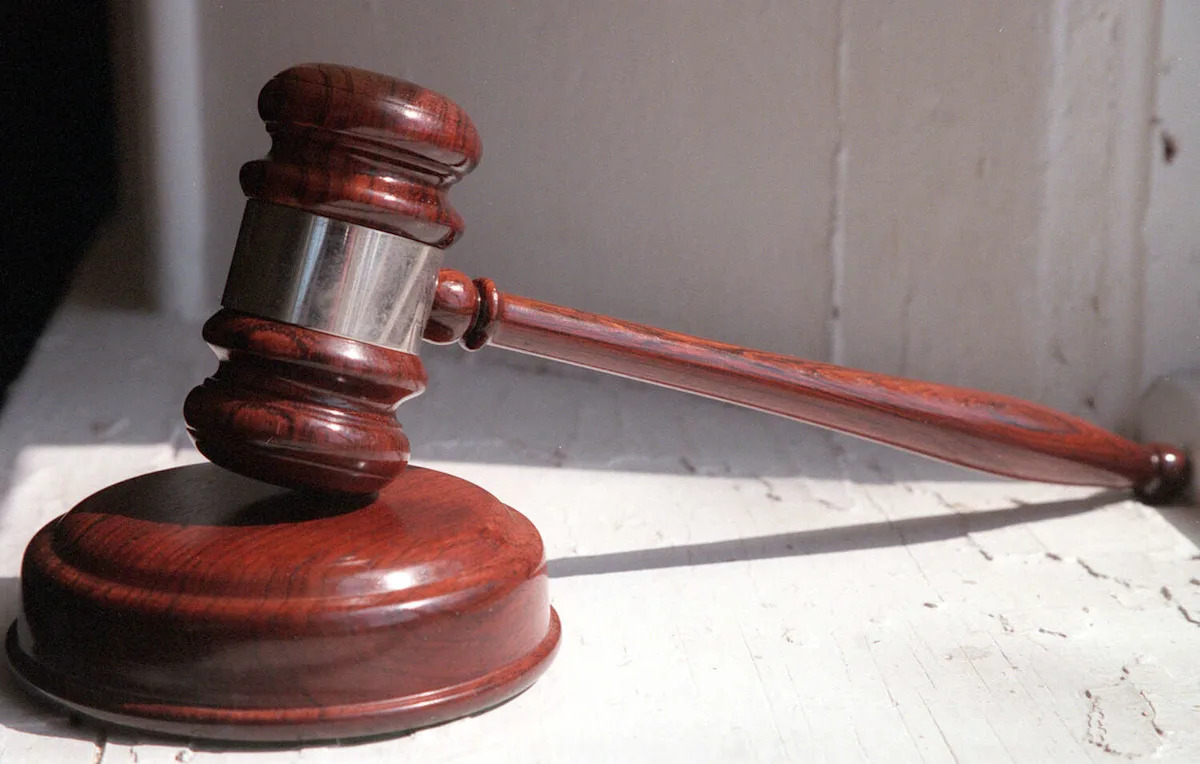We’ve all heard that the devil’s in the details and that absolute power corrupts absolutely. Both sayings could have been written about Proposition 12 on the Nov. 4 ballot.
The ballot language says Proposition 12 concerns the membership and authority of the State Commission on Judicial Conduct (SCJC) and aims to help the Texas Supreme Court “more effectively sanction judges and justices for judicial misconduct.” That sounds reasonable, but voters should look closer.
The proposal’s attempts to streamline the disciplinary process are modest. The commission could use more flexibility, but under this plan, judges might lose their right to a hearing in minor cases. That would be wrong. Judges facing disciplinary proceedings deserve the same due process as any defendant: the chance to respond before a finding is reached.
Some argue that a public reprimand from the SCJC isn’t much of a penalty. But it has serious consequences. A reprimand often prompts an election opponent, and many judges lose their seats as a result. It also disqualifies them from serving as retired visiting judges — a coveted role for those wanting part-time work after retirement.
When I served on the SCJC in 2020–21, I saw seasoned judges in tears, begging the commission not to impose sanctions that they feared could end their careers.
If lawmakers truly wanted tougher accountability, they could have empowered the SCJC — after a full, fair hearing — to remove delinquent judges from office. Instead, those cases go to the Texas Supreme Court, which appoints a three-judge panel to hold a hearing. That process often drags on for more than a year.
The most significant change in Proposition 12 involves who sits on the SCJC. The 13-member commission now includes two members appointed by the State Bar of Texas. Proposition 12 would transfer those seats to the governor. That would give the governor a majority: seven political appointees out of 13.
The remaining six members — judges at various levels — would still be appointed by the Texas Supreme Court. I don’t object to that. When I served, the judicial members didn’t protect their own. Though all were Republicans, I never saw partisan bias in their decisions.
The real problem is removing the two attorneys chosen by the State Bar. Who better understands judges than the lawyers who appear before them? When I was elected by the State Bar, no one asked about my politics. What mattered was my experience practicing in dozens of Texas counties since 1983. The Bar strives to appoint seasoned attorneys who know the courts and the people who run them.
By contrast, the governor’s appointees to the commission weren’t attorneys. Their main qualifications seemed to be loyalty to the Republican Party and campaign donations. Aside from a college degree, they had no special knowledge of the courts.
They were also the most openly partisan. We met about six times a year, and during one meeting, they called a break so they could watch the U.S. Senate vote in President Donald Trump’s second impeachment trial. They cheered every “no” vote.
I wasn’t perfect, either. At one meeting I remarked that some members scrutinized Democratic judges more harshly than Republicans. I didn’t enjoy the rancor that often surfaced, though I’m told it has improved since then.
Still, attorneys are the best judges of judges. We can recognize honesty and preparedness, temperament and fairness. Our experience brings balance and expertise to the SCJC.
Taking those two seats from the State Bar and handing them to the governor is a clear power grab. Texans should reject Proposition 12 and keep partisan influence in check.
Attorney Steve Fischer served on the State Commission for Judicial Conduct in 2020-21. He served as district attorney of Willacy County in the 1980s and served two stints on the board of directors for the State Bar. This piece represents his views as an individual.
Submit a letter to the editor
We want to hear from you. Click here to get started.

